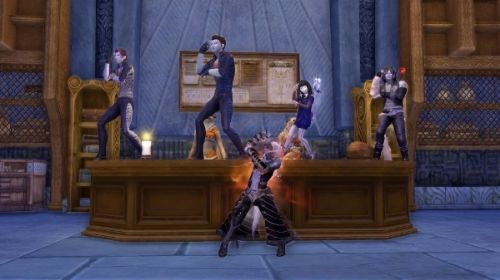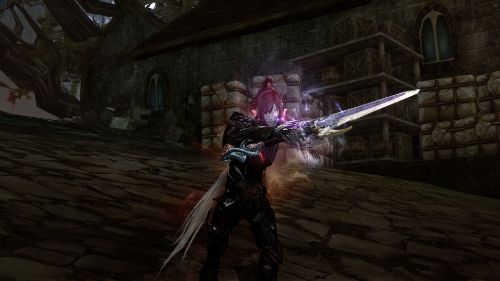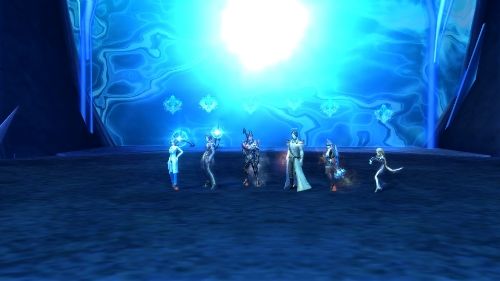Everyone has different reasons for playing video games. Some of use it in our professional lives and careers while others just use it to pass the time or have fun with friends. But aside from personal motivators there are also several aspects of games that make them appeal to a deeper part of us. A good friend of mine brought up a particular article (attempting to find it) that discussed how video games satisfy a set of needs that often are not met in someone's professional career.
Diving deeper into that thought of games having the ability to satisfy needs that otherwise remain unmet; a point that my friend Travis made was that games provide a certain level of creative freedom that other activities may not. This applies to everything from playing games to making them. People definitely seem to desire a degree of autonomy and creative variance in their lives which in turn fuels other creative habits.
I resonated with this idea of games satisfying needs since it pretty accurately reflects my motivation for writing about and playing many of my favorite games. I specifically love games that permit me to create my own characters and allow myself to have access to the larger-than-life scenarios that games often hold. This often alleviates the more mundane tasks presented in day to day life. It really isn't limited to games either, this desire for adventure and exploration is the same reason I'd watch a movie or read a book.
As I grow older I feel this need for experience deepen and thankfully I can say that my particular habit of playing games is one that will continue to expand and cater to my desire for these larger-than-life experiences.
Diving deeper into that thought of games having the ability to satisfy needs that otherwise remain unmet; a point that my friend Travis made was that games provide a certain level of creative freedom that other activities may not. This applies to everything from playing games to making them. People definitely seem to desire a degree of autonomy and creative variance in their lives which in turn fuels other creative habits.
I resonated with this idea of games satisfying needs since it pretty accurately reflects my motivation for writing about and playing many of my favorite games. I specifically love games that permit me to create my own characters and allow myself to have access to the larger-than-life scenarios that games often hold. This often alleviates the more mundane tasks presented in day to day life. It really isn't limited to games either, this desire for adventure and exploration is the same reason I'd watch a movie or read a book.
As I grow older I feel this need for experience deepen and thankfully I can say that my particular habit of playing games is one that will continue to expand and cater to my desire for these larger-than-life experiences.











